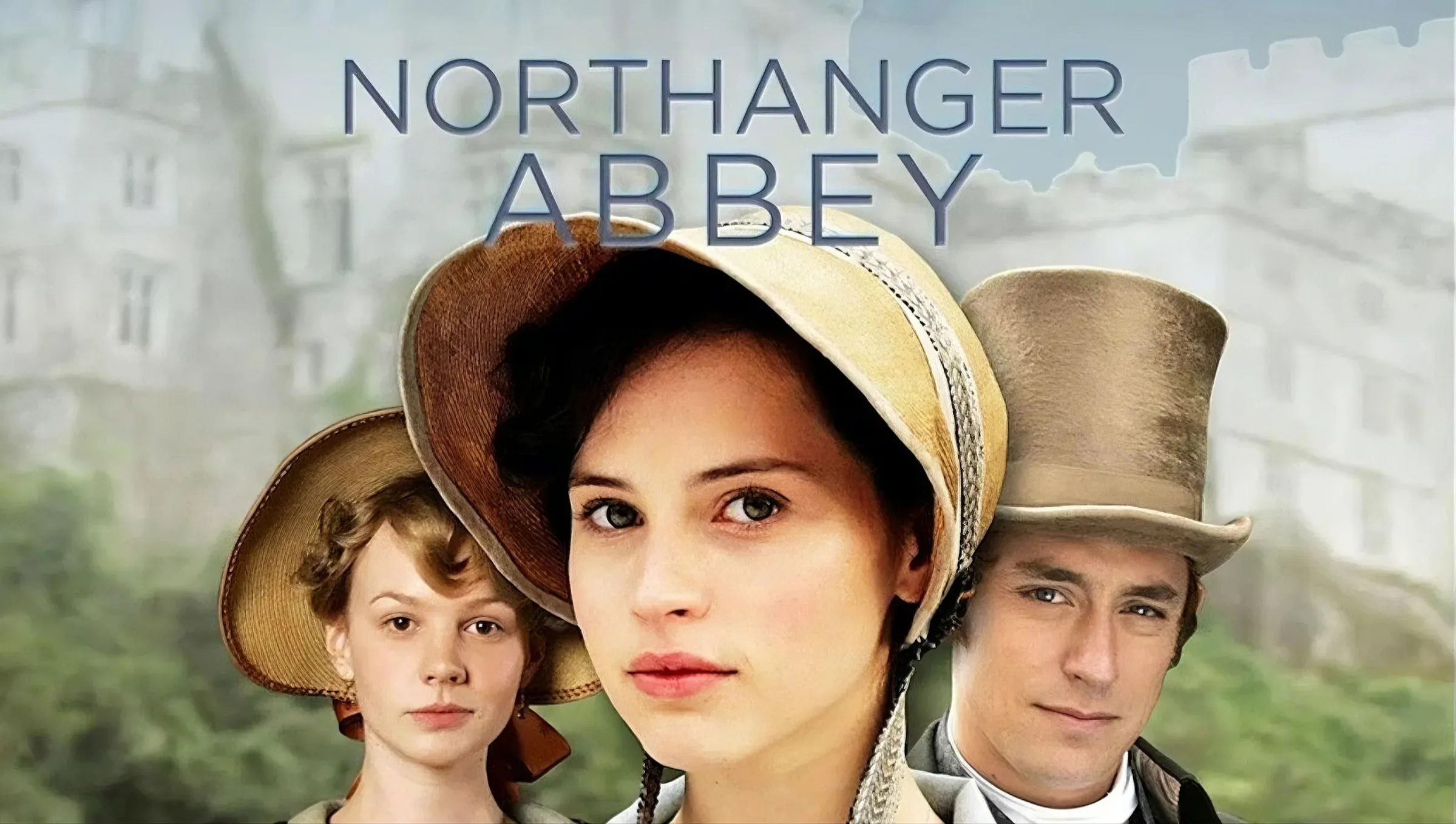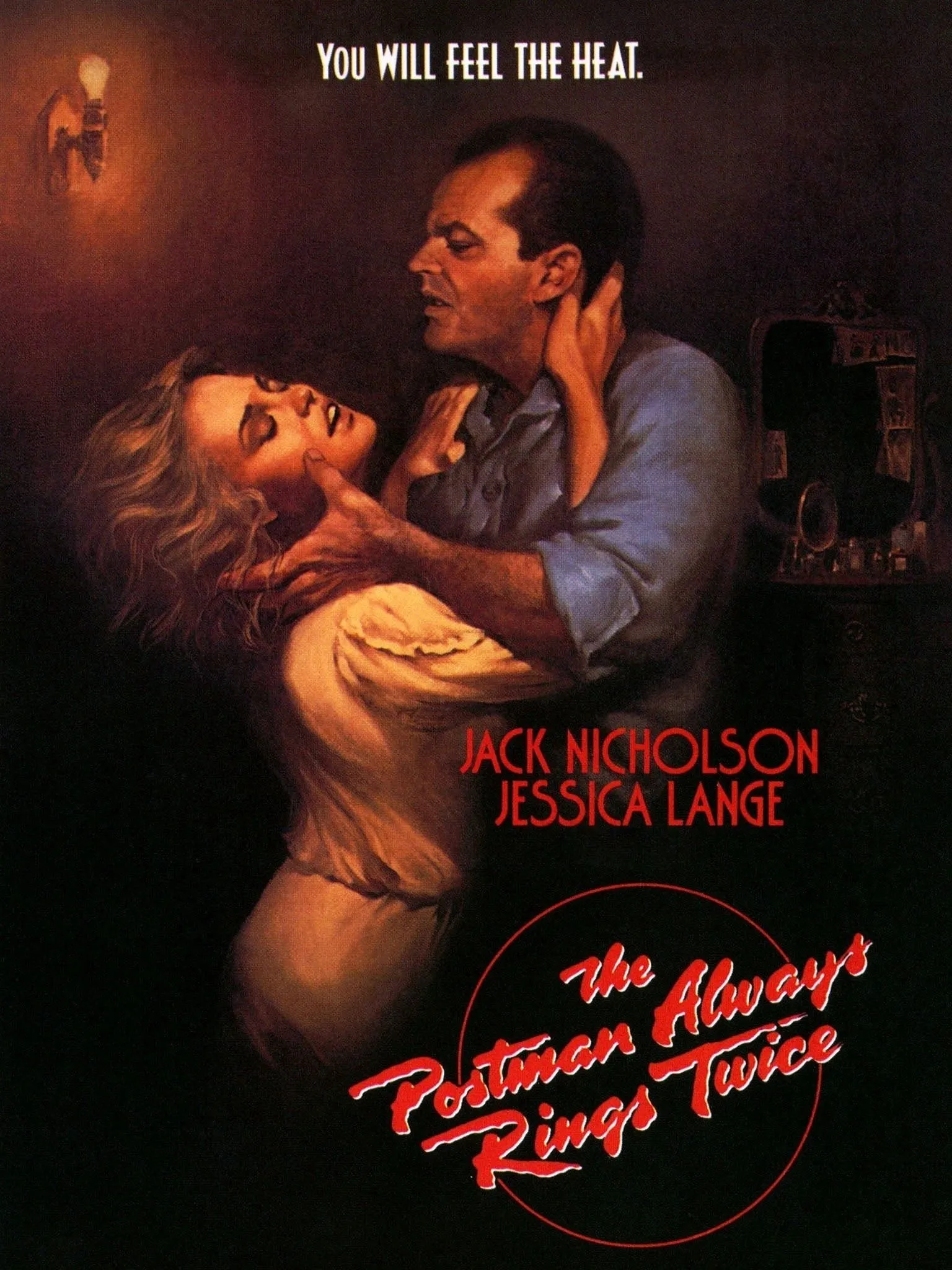Northanger Abbey (2007) is a British television adaptation of Jane Austen's beloved novel, directed by Jon Jones. It is a delightful and satirical exploration of youthful imagination, romance, and the influence of literature, particularly the Gothic genre. Set in the late 18th century, the story follows Catherine Morland, a young, naïve, and impressionable girl whose love for Gothic novels leads her to develop a vivid and dramatic view of the world around her. Her journey to Bath, where she encounters new characters, including the charming Henry Tilney, forms the core of the story. The film weaves humor with romance while offering insightful commentary on how a young person’s imagination and fantasies can shape their perceptions of reality. The film begins with Catherine Morland (played by Felicity Jones), a young woman from a modest family with a rich imagination, cultivated largely by her love of Gothic novels. Catherine’s head is filled with ideas of dark, mysterious heroes and heroines trapped in elaborate, eerie situations, inspired by the works of authors like Ann Radcliffe. This penchant for fiction leads Catherine to believe that the world around her will conform to the dramatic tales she reads. When Catherine is invited to the city of Bath by family friends, the Allens, she is thrilled. Bath, with its fashionable society and grand social events, is a place of new experiences, and Catherine is eager to embrace it. It is here that she meets a variety of intriguing characters, most notably the witty and intelligent Henry Tilney (played by JJ Feild). Catherine finds herself drawn to Henry, who shows a keen interest in her opinions and is intrigued by her naïve charm. The two begin to form a connection, with Henry teasing Catherine about her exaggerated imaginings, but a true affection slowly grows between them.

However, Catherine’s strong imagination, influenced by the Gothic novels she devours, begins to take control of her perceptions. When she is invited to visit Henry’s family estate, Northanger Abbey, Catherine’s mind races with possibilities, imagining dark secrets lurking in every corner of the old mansion. Her imagination spins a tale of intrigue, suspecting Henry’s father of mysterious behavior, and believing that Northanger Abbey may hide a dark family secret. This is where the film explores the tension between fiction and reality, as Catherine’s romantic and dramatic views of the world cloud her judgment. Northanger Abbey, which she expected to be a Gothic mansion with hidden chambers and tragic tales, turns out to be a much more ordinary, charming house with no hidden mysteries at all. This stark contrast between her imagination and the reality of the estate serves as a key turning point in Catherine’s development, teaching her the value of grounding her views in reality rather than letting fiction guide her perceptions. As Catherine’s relationship with Henry deepens, she begins to misinterpret situations based on her fantasies. When Catherine stumbles upon what she believes to be a tragic secret involving Henry’s family, she makes an impulsive mistake. Her tendency to read too much into ordinary situations, driven by the sensationalized plotlines of her favorite novels, leads her to suspect that Henry is hiding something from her. She accuses him of deceit, and the ensuing misunderstanding causes a rift between them. However, Henry, who is both patient and insightful, gently corrects Catherine, showing her that her assumptions were more influenced by the melodrama of Gothic literature than by the actual truth. The revelation about the “secret” is far more mundane than Catherine imagined, and she comes to realize that she has been guided by her own fantasies rather than rational thinking. The final section of the film sees Catherine growing and learning from her experiences. She reflects on her earlier mistakes and realizes that the idealized romantic scenarios she imagined in her novels are not reflective of reality. As she matures, Catherine learns to appreciate the true nature of love and relationships, which are not defined by mysterious secrets or grandiose expectations, but by understanding, mutual respect, and genuine connection. Henry, having patiently guided her through her mistakes, proposes to her in the end, acknowledging her growth and maturity. Catherine, now wiser and more grounded in reality, accepts his proposal, realizing that true love is based on mutual respect and understanding rather than fantasy. The film concludes with Catherine’s acceptance of Henry's proposal, offering a hopeful and romantic resolution.

In the end, Northanger Abbey is a witty and insightful exploration of the dangers of youthful imagination, the effects of literature on shaping one’s worldview, and the importance of distinguishing between fantasy and reality. Catherine’s journey from an impressionable, romantic girl to a more discerning and self-aware woman mirrors the broader theme of the film: that true love is built on understanding, personal growth, and reality, rather than being shaped by the fantastical ideals often found in fiction. Through humor and a series of lighthearted yet poignant moments, the film delivers a timeless message about the complexities of romance and self-discovery. The film’s charm lies in its ability to balance the romantic with the satirical, offering a humorous critique of the excessive idealization of romance, while still embracing the pleasures and complexities of true love. Overall, Northanger Abbey (2007) captures the essence of Jane Austen's novel, offering a delightful blend of comedy, romance, and social commentary. The film invites viewers to reflect on how we often let fantasies and preconceived notions shape our relationships and understanding of the world. Catherine’s journey serves as a reminder of the importance of maturity and self-awareness in love, and the value of looking beyond the surface to find true connection. Through its engaging storytelling, the film highlights the joys of coming of age and discovering what real love and human connection mean, making it a memorable adaptation of Austen's work.




